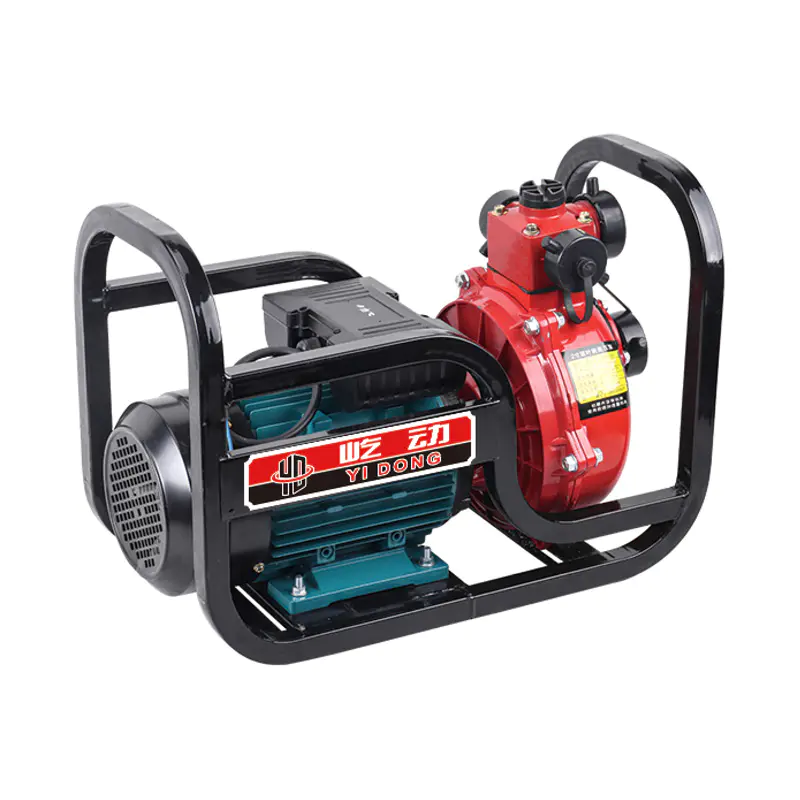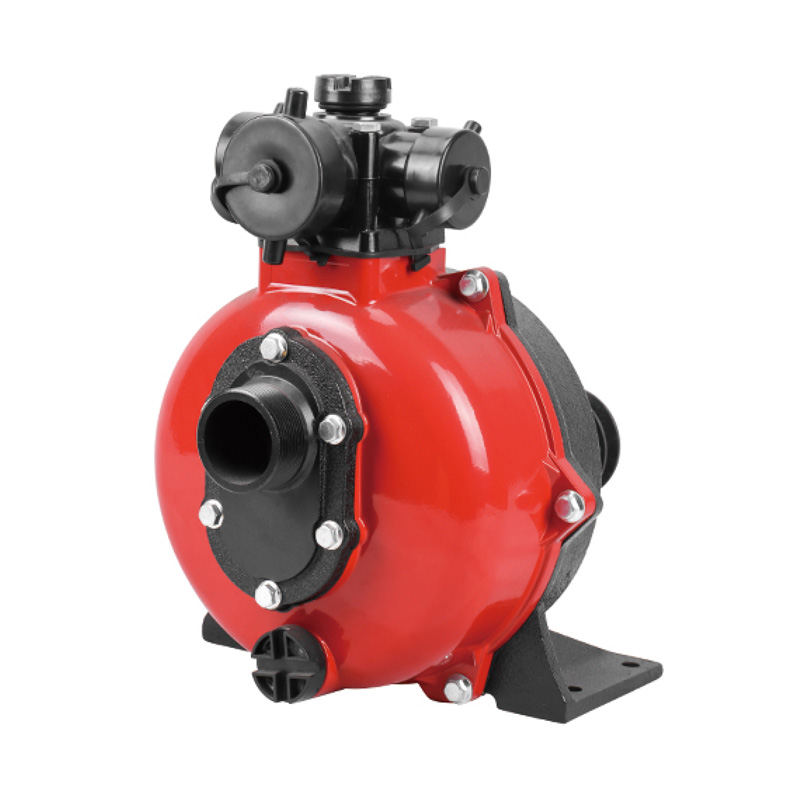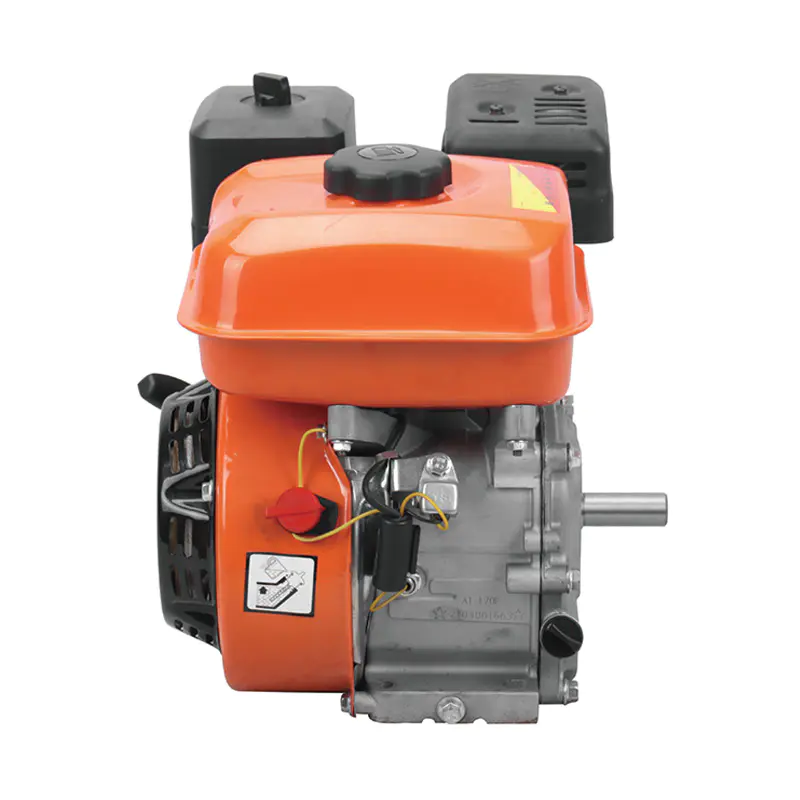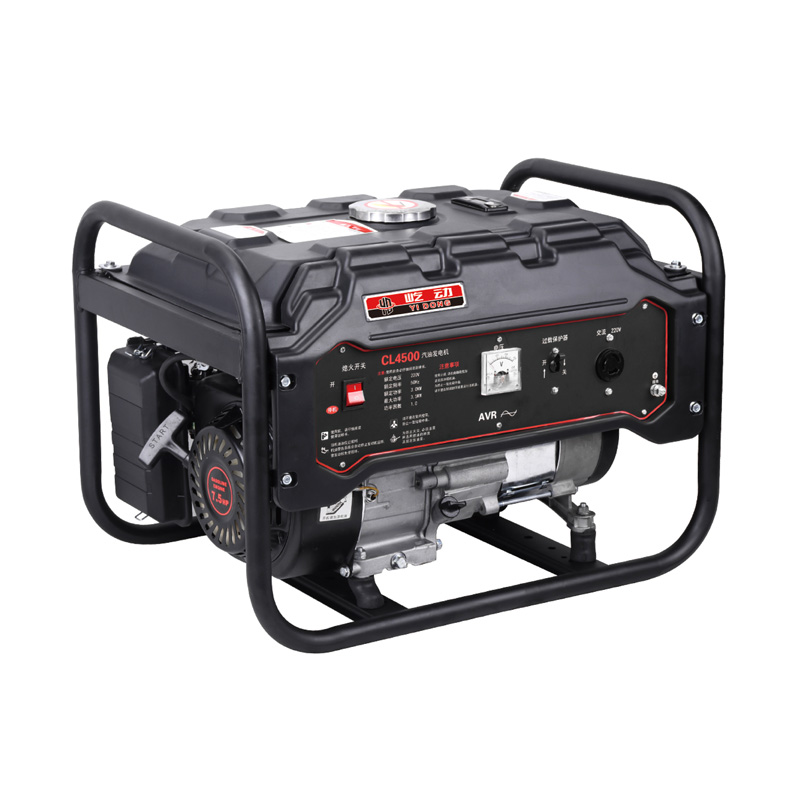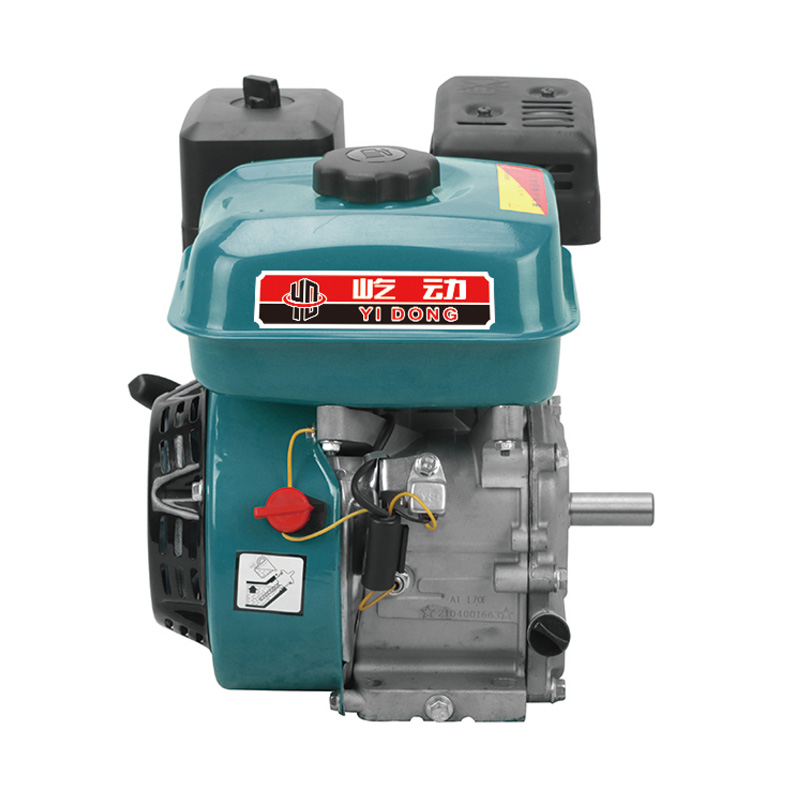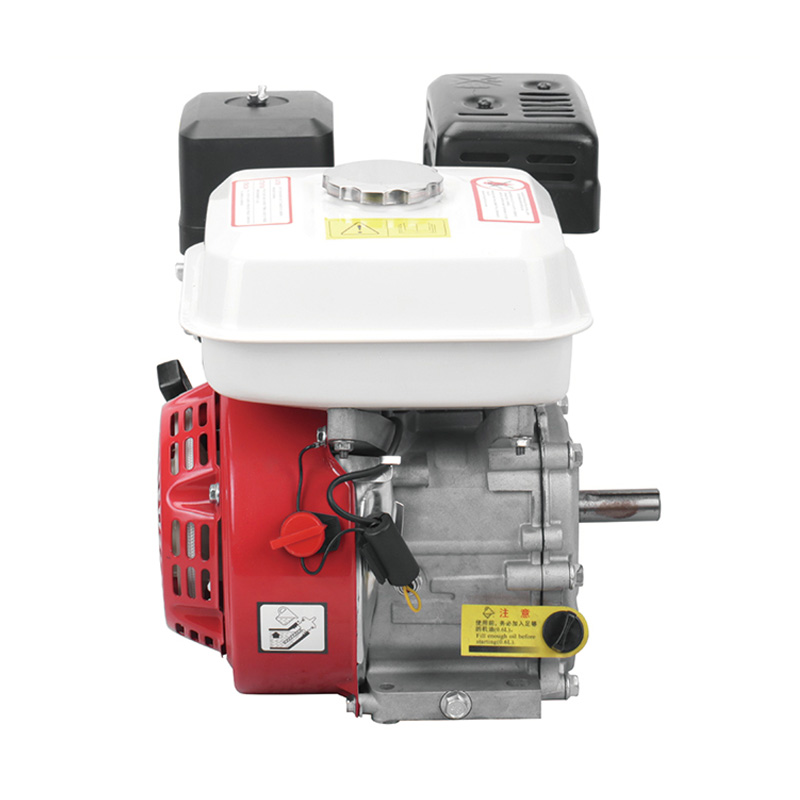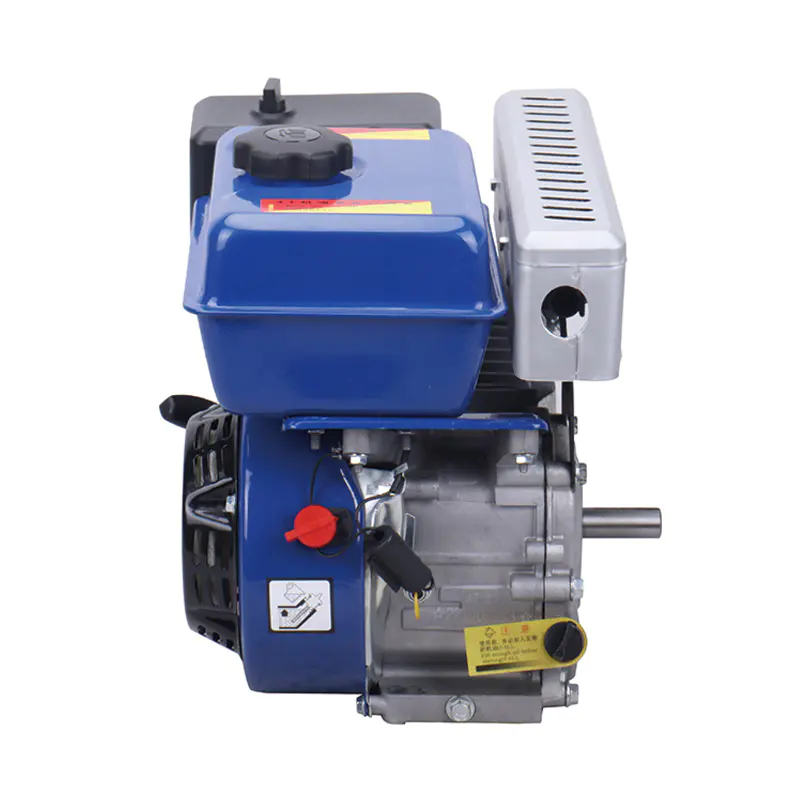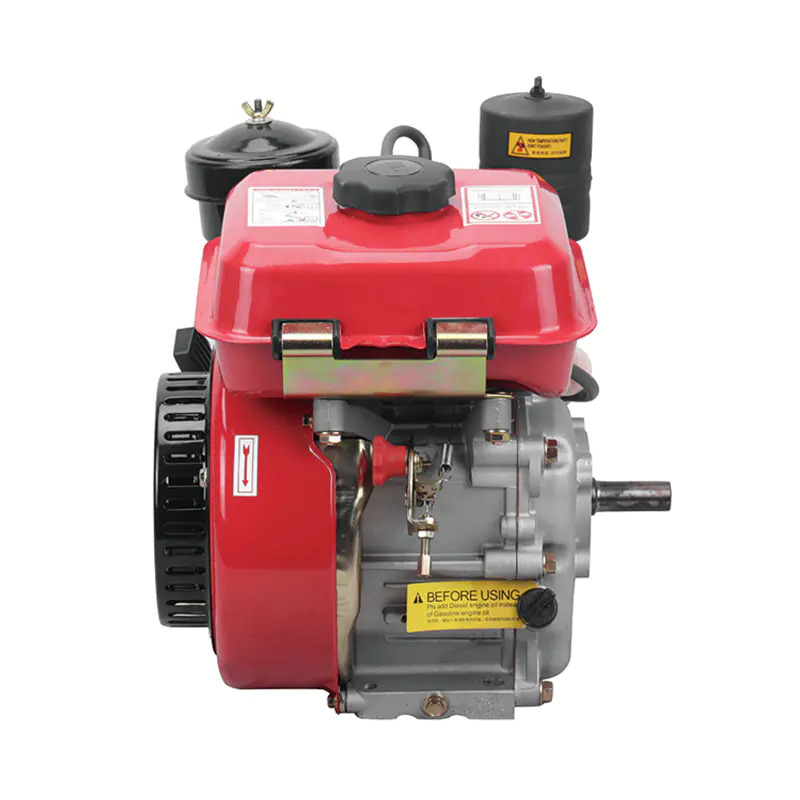The Role of Gasoline Drive Power in Specialized Sectors
In an era increasingly focused on electrification, it is important to recognize the domains where Gasoline Drive Power maintains a fundamental position. Its application across various types of outdoor and industrial equipment is not a matter of tradition, but a testament to its specific set of functional advantages.

Inherent Functional Strengths in Challenging Environments
The continued use of gasoline-driven equipment is anchored in several key physical and operational characteristics. One of the most significant is its high energy density, which allows for a compact and relatively lightweight engine design to deliver substantial output. This translates directly to portability, enabling equipment to be operated in remote locations, on mobile job sites, and in areas completely devoid of fixed power infrastructure. Furthermore, the refueling process for Gasoline Drive Power is a matter of minutes, ensuring that work cycles can be sustained with minimal interruption—a contrast to the extended downtime required for recharging batteries. Finally, the mechanical simplicity and robust construction of these engines contribute to a known resilience against harsh conditions, including wide temperature variations, moisture, and exposure to dust and debris.
A Closer Look at Common Application Areas
These strengths make Gasoline Drive Power a fitting choice for a diverse range of machinery. In the realm of outdoor and emergency use, portable generators are a prime example, providing essential electricity for construction sites, camping, and backup power. Landscaping equipment such as lawn mowers, chainsaws, and brush cutters also heavily rely on the untethered freedom and consistent torque provided by gasoline engines. Within construction and agriculture, equipment like concrete vibrators, pressure washers, and water pumps frequently utilizes this power source for its on-demand availability and strong performance.
Moving into more specialized industrial contexts, Gasoline Drive Power finds its place in equipment like mobile welding machines, which are indispensable for field repairs and pipeline work. Certain types of material handling equipment, such as forklifts used in sprawling outdoor yards or temporary sites, also employ gasoline engines for their ability to work long shifts with quick refueling breaks.
Future Trajectory and Evolving Considerations
The landscape for Gasoline Drive Power is not static. It faces increased scrutiny regarding emissions and noise levels, which are driving regulatory changes. In response, the technology itself is evolving, with the adoption of more precise fuel management systems contributing to cleaner and more efficient combustion. Looking ahead, the role of Gasoline Drive Power may also be redefined within hybrid systems, where it could act as a range-extending generator for electric machinery, combining the benefits of both technologies. This potential for integration suggests a future where its application becomes more specialized and efficient, rather than disappearing entirely.
A Sustained Presence in a Changing World
While alternative power systems are gaining ground in many areas, the practical demands of outdoor and industrial work create a lasting niche for Gasoline Drive Power. Its combination of immediate power, operational independence, and proven durability ensures that it will remain a key component in the toolkit of industries that depend on reliable, mobile, and high-output energy sources for the foreseeable future. The choice ultimately hinges on a clear-eyed assessment of the job's specific requirements.



 English
English русский
русский Français
Français Español
Español عربى
عربى